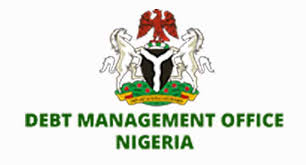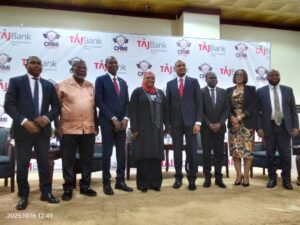Nigeria’s States, FCT Domestic Debt Rises by N198.96bn in Q2 2024

In the second quarter of 2024, Nigeria’s 36 states and the Federal Capital Territory (FCT) collectively saw their domestic debt surge by N198.96 billion, raising the total from N4.07 trillion in March to N4.27 trillion in June—a five per cent increase, according to a recent Debt Management Office (DMO) report.
Debt levels varied significantly across states, with some regions experiencing sharp increases. Rivers State led the surge, with its debt rising by 67 per cent, from N232.58 billion in March to N389.20 billion in June—a N156.62 billion increase.
Similarly, Taraba State recorded a debt jump of 160 per cent, increasing from N32.64 billion to N84.72 billion. Niger State saw a 70 per cent rise, with its debt stock growing by N60.22 billion to reach N146.29 billion by the end of June.
These figures underscore a substantial dependence on borrowing for financing government projects, raising questions about the sustainability of such debt.
In contrast, Lagos State maintained its position as the state with the highest debt but achieved a five per cent reduction, lowering its debt from N929.41 billion in March to N885.99 billion in June, a decrease of N43.42 billion.
Other states, including Benue, Kwara, and Nasarawa, reported minimal changes in their debt profiles. Delta State registered a notable reduction, cutting its debt by N30.36 billion, a nine per cent decrease from N334.90 billion to N304.54 billion.
The DMO also highlighted a notable increase in Nigeria’s total public debt, which reached N134.3 trillion by June 2024, up 10.35 per cent from N121.7 trillion at the end of Q1 2024.
Although the debt rose in naira terms, the dollar equivalent remained stable, reflecting the impact of currency fluctuations on debt valuation.
Domestic borrowing remains a dominant component of Nigeria’s debt profile, accounting for 53 per cent of the total debt at N71.2 trillion, while external debt stands at N63.1 trillion, or 47 per cent.









